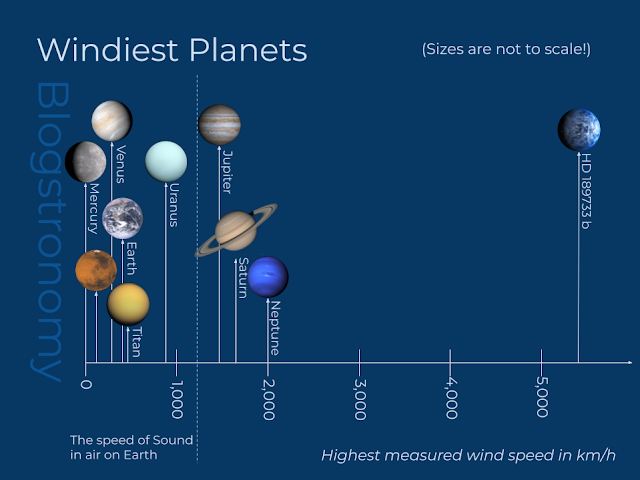Why do we think all life must be carbon based?
"Why is it always presumed that life forms must be carbon based, could they not be based upon other substances?" - Question posed by Jenstie
All life on Earth is based around carbon. There are two main reasons why carbon is an element that lends itself to being the backbone of life. These are:
- One carbon atom can form bonds with up to four other atoms. Alongside the fact that carbon atoms readily form bonds with other carbon atoms, this paves the way for the building of molecules that are almost limitlessly long and complex.
- The energy required to make or break a bond with a carbon atom is just about right for life: it allows stable molecules to form, but also means that these molecules remain reactive and can therefore be part of the complex, dynamic system that is a living organism.
Because carbon has these properties, and because we have experience of what carbon-based life may look and act like, what processes it uses and so on, when we look for life in the universe we tend to concentrate on life based around carbon. This is mostly because that is the form in which life would be most recognisable to us, but also because it seems that it may be the most likely form to arise.
However, life based around other elements has been thought about and does seem, at least in principle, to be possible, so a simple answer to Jensties questions(s) would be 'it isn't' and 'yes'.
Alternative biochemistries
Possibly the most well-known alternative to carbon-based life, due to its exploration in various science fiction stories, is silicon-based life. Silicon is a candidate because, being in the same group in the periodic table, it shares many chemical similarities with carbon, including the ability to form bonds with up to four other atoms including itself, allowing for long and complex molecules. Going against silicon, though, is the fact that it's a bit more fussy than carbon with regards to which atoms it will form bonds with.
Some long-chain silicon molecules, which would be essential for silicon-based life to form, are highly reactive with water, which is why we don't see them very often on Earth. These would be more stable in a sulfuric-acid rich environment. Such environments are available even in our own solar system (Venus, for example), so silicon based life is not unthinkable.
Another possibility is a nitrogen-phosphorus-based system. Phosphorus, again like nitrogen, can form long, complex molecules on its own, although these are much more reactive than their carbon equivalents. When nitrogen is involved, however, phosphorus can form more stable molecules. Nitrogen is relatively abundant in our atmosphere, but it is nearly completely inert and so wouldn't be much help. Instead, an atmosphere rich in either nitrogen dioxide or ammonia (such as that of Saturn's moon, Titan) would be more appropriate for the development of such a form of life.
There are many more possibilities, but the theme running through them all is that different conditions, such as temperature, make different possibilities more likely. It is believed, though, that the following things must be present in order for life to be able to emerge:
- A 'base' atomic building block from which most life molecules can be formed, for examble carbon, silicon, phosphorus... This must be able to form a wide range of long and complex molecules, be relatively stable whilst still allowing reactions to take place, and be readily available.
- A solvent in which life's reactions can take place, such as water, ammonia, methane and so on. This solvent must have similarly strict properties. Water, for example, has properties that make it an ideal chemical for this role: it is liquid over a large temperature range, has a high heat capacity, and a wide variety of compounds may be dissolved in it. It is also capable of acting as either an acid or a base in certain reactions. On Earth, no other substance could fill this role, but on a different planet with different conditions of temperature, pressure and so on, other substances could feasibly fill the gap where water would not be suitable.



Comments
Post a Comment